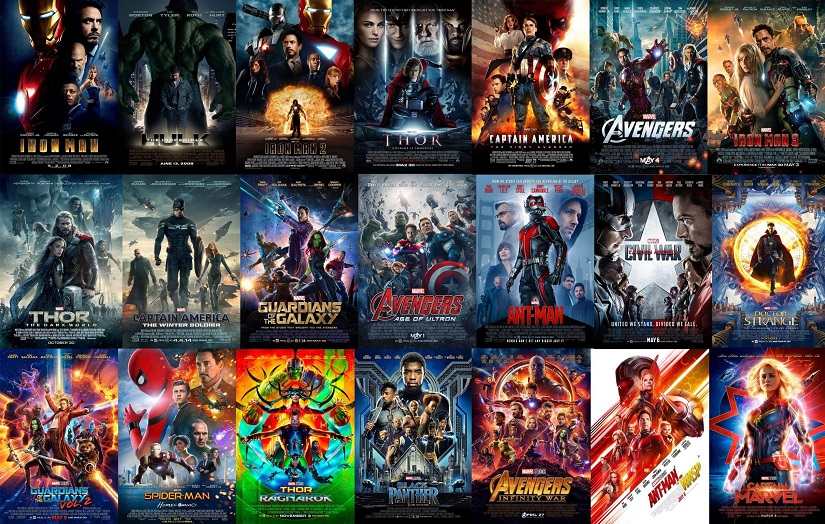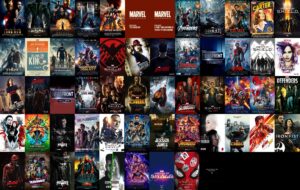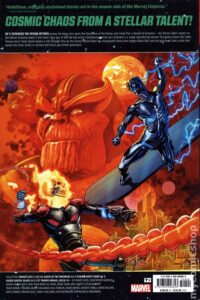The Marvel Cinematic Universe (MCU) has grown exponentially over the years, becoming a behemoth of cinematic storytelling. Beyond its superhero exploits, the franchise has also been applauded for tackling real-world issues in its recent films. This penchant for social commentary not only adds depth to the narratives but also resonates with audiences worldwide.

- How The MCU’s Latest Movie Sets Up Future Villains
- How The MCU Handles Time Travel In Its Latest Releases
- Breaking Down The Political Themes In Marvel’s Newest Movie
- The Best MCU Movies Ranked: From Iron Man To Endgame
- The Evolution Of Thor In MCU Movies
One of the most glaring examples of this trend can be seen in ‘Captain Marvel’. Released in 2019, the film was a powerful exploration of sexism and misogyny. Carol Danvers, played by Brie Larson, finds herself constantly belittled and patronized by her male counterparts. This portrayal isn’t just a nostalgic echo of the patriarchal societies of the past; it’s a poignant reflection of the struggles women continue to face today.
Similarly, ‘Black Panther’ broke boundaries in its representation of colonialism and racism. Wakanda, the fictional African nation, becomes a symbol of Afrofuturism – a celebration of black excellence that never had the chance to be stifled by the shackles of colonialism. The film takes a hard-hitting look at the destructive nature of colonialism, pointing out the hypocrisy of Western powers exploiting and pillaging the resources of third-world countries.
‘Avengers: Endgame’, on the surface, appears to be an action-packed romp through time and space. However, upon closer inspection, the movie tackles grief and trauma in a surprisingly nuanced manner. The aftermath of Thanos’s destruction is juxtaposed against the coping mechanisms of the surviving characters, from Natasha Romanoff’s PTSD to Bruce Banner’s reluctant acceptance of his fate. It humanizes its larger-than-life characters, showcasing the unseen emotional toll of saving the world.
Another interesting dynamic that ‘Shang-Chi and the Legend of the Ten Rings’ touches upon is intergenerational trauma. The titular hero struggles to reconcile his loyalty to his family with his desire to forge his own path. The complexities of strained relationships and the weight of ancestral legacies are sensitively handled, highlighting the enduring scars that linger long after the initial wounds have healed.
Furthermore, ‘Eternals’ endeavors to broach topics as varied as xenophobia, ableism, and mental health. With a sprawling ensemble caste that defies genre conventions, the movie serves as an uncompromising paean to diversity and inclusivity. The Eternal’s leader, Ajak, redefines the role of a disability by pushing past ableist stereotypes, her uniqueness being celebrated rather than trivialized.
Most notably, 2016’s ‘Captain America: Civil War’ alludes to governmental overreach and the politics of fear. A bitter stand-off between Steve Rogers and Tony Stark mirrors the societal fissures resulting from draconian bureaucratic interventions. Echoes of Edward Snowden’s leaks on clandestine surveillance resonate within this tension-fraught narrative – an intriguing precursor to the real-world conversations that have erupted on personal freedoms and the limits of national security.
MCU’s bold foray into actual world issues marks a change from its more light-hearted beginnings. These recent films remind viewers that beyond entertainment lies its highest purpose: sparking introspection and inviting viewers to share in our struggles and fears.




